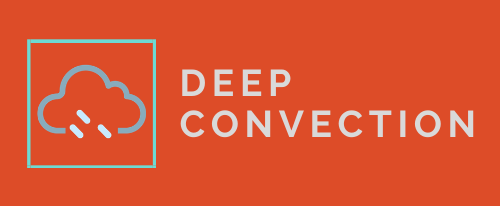
Suzana Camargo is one of the world’s leading experts on tropical cyclones — a type of storm that includes hurricanes — and their relationship to the climate. When she first started to do research on hurricanes, she thought it was only going to be a one-year project. But life is unpredictable, and so
“[…] and then 20 years later, here I am, still doing hurricanes.”
Suzana’s path to the hurricanes had not been a straight one: She began her academic career in plasma physics, and only moved into atmospheric science after giving up her job as a tenured professor in Brazil and moving to the US, where she took a position as staff associate at the then newly-founded International Research Institute for Climate and Society at Columbia University.
This was a big change, and in many ways also a big step down, and it required a lot of work and persistence to firmly establish herself as a leader in the field, and to rise through the ranks to her current position as the first holder of the Marie Tharp Lamont Research Professorship at Columbia University.
“[It] was a big change, […] it was a lot, everything. It was moving countries, two small kids, changing fields. Everything was so overwhelming that I basically was, I felt like I was just going through the motions and trying to survive each day.”
The move from Brazil, where Suzana was born and raised, to the US had not been her first international move: Suzana had done her Ph.D. and postdoc in Germany, where she learned, among other things, that the hardest part in science is often to come up with a good research question, and that the Bavarian dialect sounds very different from the standard German.
Over the last 20 years, Suzana has made important contributions to our understanding of how tropical cyclones are affected by natural climate variations, like El Niño; the influence of human-induced climate change on tropical cyclones, including the evaluation of simulations of tropical cyclones in climate models, and to the practice of seasonal climate forecasting of tropical cyclone activity. At Lamont, she and Adam have offices next door to each other, and the two of them have collaborated on many of these topics.
The interview with Suzana Camargo was recorded in October 2020. Image credit: Suzana Camargo
- Suzana’s website at Columbia University
